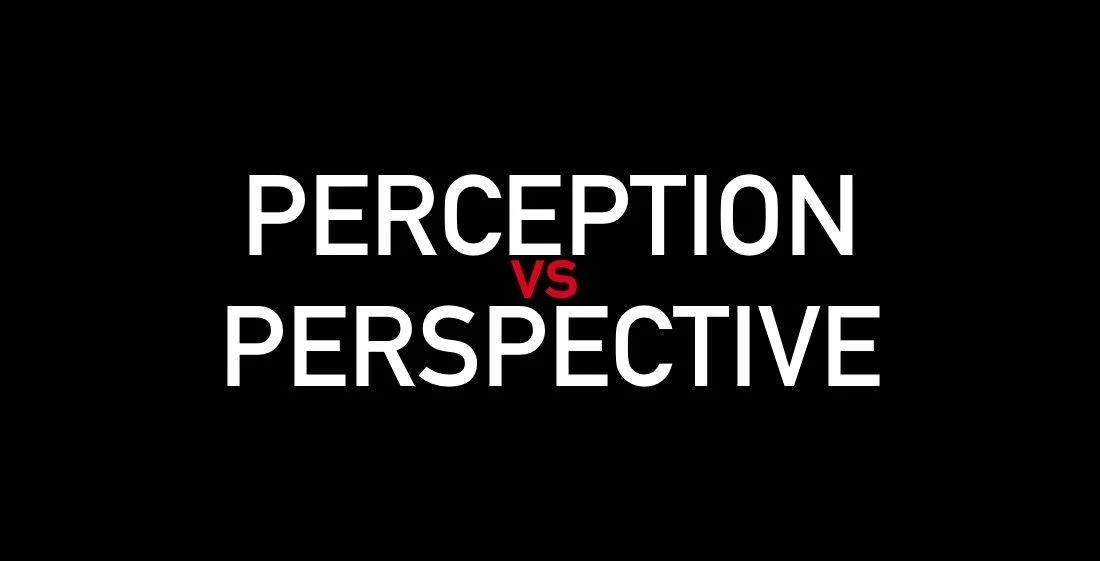In a world where you can connect with anyone—from your neighbor to an industry CEO—at the click of a button, it’s fair to ask: do in-person networking meetings still hold value?
After all, social media offers limitless reach, convenience, and visibility. You can post, comment, and message your way into nearly any conversation. But while digital networking has transformed how professionals connect, it hasn’t replaced the human element that in-person meetings deliver.
Read More









